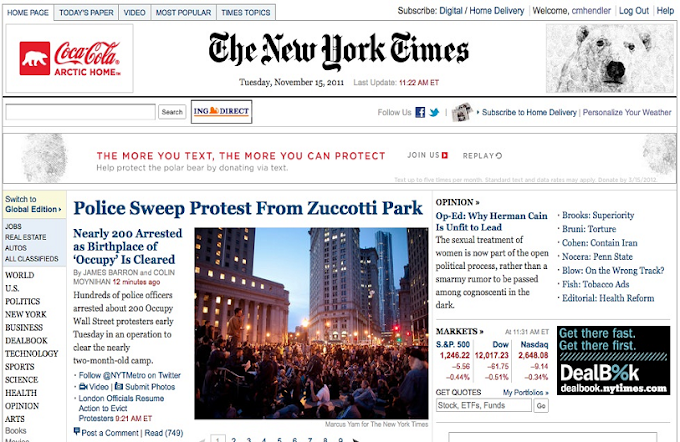1. The purification of the soul.
Zakat purifies the soul of the taxpayer against the evils of greediness. It makes them more humble and righteous. It also creates the wealth of love between people discouraged.
2. healthy growth of the community.
Zakat showed a healthy growth of the economy and the community. Amounts to less fortunate in society.
3. Reducing economic inequality.
Zakat is the economic inequality in society is reduced to a minimum. The rich can not grow richer than the poorest of the poor from the ant.
4. In addition to the distribution of wealth.
Zakat fast increases the circulation of wealth. It discourages hoarding and provides an automatic mechanism for the flow of wealth from rich to poor, thus increasing the circulation of wealth in the community.
5. Main source of income.
Zakat occupies a central position in the financial structure of a Muslim state because it contributes significantly to the state treasury and provides sufficient funds to Govt.
6. equitable distribution of wealth.
Zakat is an important goal for the dissemination and distribution of wealth is fair and just. Make sure that the income is not centralized, but moves very quickly between different groups in society.
7. Reduced unemployment.
Zakat is an important tool to eliminate unemployment. The money can be received by the people and the poor can start a business.
8. Economic stability.
the problem of instability will not occur in an Islamic economy, because the mechanism of zakat. Zakat helps speed money because DC increases of goods and services. This determines the level of investment, income and unemployment stable footing.
9. Confidence.
Zakat eradication of poverty and the diversity of society. He brings great prosperity. We can take care of them, saving Zakat to be self-sufficient.
10. The accumulation of capital.
Al Zakat can people use their money for the capital to promote education in the country. their wealth, because the rate of economic growth and increasing prosperity.
11. Mobilization of resources.
People can get the income in the form of Zakat use of available resources. Thus, the maximum utilization of resources is possible.
12. Social Security.
Zakat funds to cover not only the poor and disabled, but also social security for the unemployed.
13. Welfare.
Hospitals, schools and craft for the poor can be built with Zakat funds. This promotes the social welfare of the country.
14. anti-social activities.
Zakat is paid, of course rizq-e-halal. Therefore, the Muslims pay Zakat from anti-social activities such as hoarding, smuggling dispense, etc.
15. Combat crime.
the main cause of crime, including theft is because of the poverty of the population. The problem of poverty can be easier Zakat. Thus, the crime can be controlled.
16. Zakat Builds Real Human Connections
You know what’s beautiful? That moment when a struggling mother receives Zakat and whispers, "Someone remembered us." This isn’t about money changing hands it’s about dignity. When the shopkeeper down the street quietly covers a poor student’s school fees, walls between rich and poor crumble. That’s how societies heal not with policies, but with people seeing each other.
17. Zakat Forces Us to Earn Right
Let’s be real: How many "successful" people built wealth on exploitation? Zakat draws a line if your money’s haram, you can’t purify it. Imagine a landlord who jacks up rents unfairly. At Zakat time, he’s stuck his wealth is tainted. But the vendor who charges fair prices? His Zakat flows smoothly. This isn’t just "charity rules"—it’s a whole economy shifting toward justice.
18. The Silent Revolution for Women & Orphans
Fatima, a widow in Karachi, turned Zakat into a tailoring business. Now she hires other widows. That’s Zakat’s power it doesn’t toss coins; it breaks chains. And orphans? Take Ahmed from Gaza: His Zakat funded education made him the first doctor in his refugee camp. These aren’t "beneficiaries." They’re proof that when wealth moves with intention, miracles happen.
19. Zakat Brings Dying Traditions Back to Life
In Lahore, there’s a 200-year-old pottery family. When machines took over, they nearly vanished until a Zakat funded kiln saved their craft. Now, their handmade bowls sell globally. This is economic revival. Not corporate handouts, but empowering real skills. From Moroccan weavers to Indonesian batik artists, Zakat turns heritage into livelihoods.
20. The Hidden Gift of Zakat? Mental Peace
Ever seen the relief in a father’s eyes when Zakat covers his child’s hospital bill? Or the sadaqah a wealthy man feels knowing his extra wealth fed a family for months? Poverty isn’t just hunger it’s constant fear. Zakat replaces that fear with hope. And the giver? They sleep lighter, wealth unburdened by greed.









0 Comments